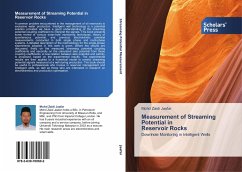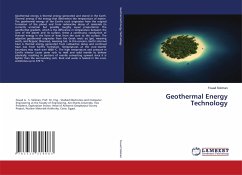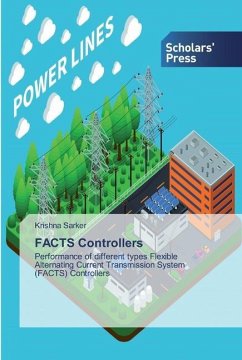A common problem encountered in the management of oil reservoirs is excessive water production. Intelligent well technology is a potential solution provided we have a good understanding of the streaming potential coupling coefficient to interpret the signals. This book presents some review of various down-hole monitoring techniques, theory of spontaneous potential, and previous electrokinetic potential measurements conducted in both single phase and multi-phase systems. A detailed description of the methodology for the single-phase experiments adopted in this work is given, before the results are discussed, firstly on the measured streaming potential coupling coefficients and secondly on the calculated zeta potential from those coupling coefficients. A new relation between zeta potential and salinity is proposed, based on the experimental results. The experimental results are then applied to a numerical model to predict streaming potential signals measured at a well during production. The book should be useful to professionals who involve in reservoir management and intelligent wells, as well as those who are interested in research on electrokinetics and production optimization.








